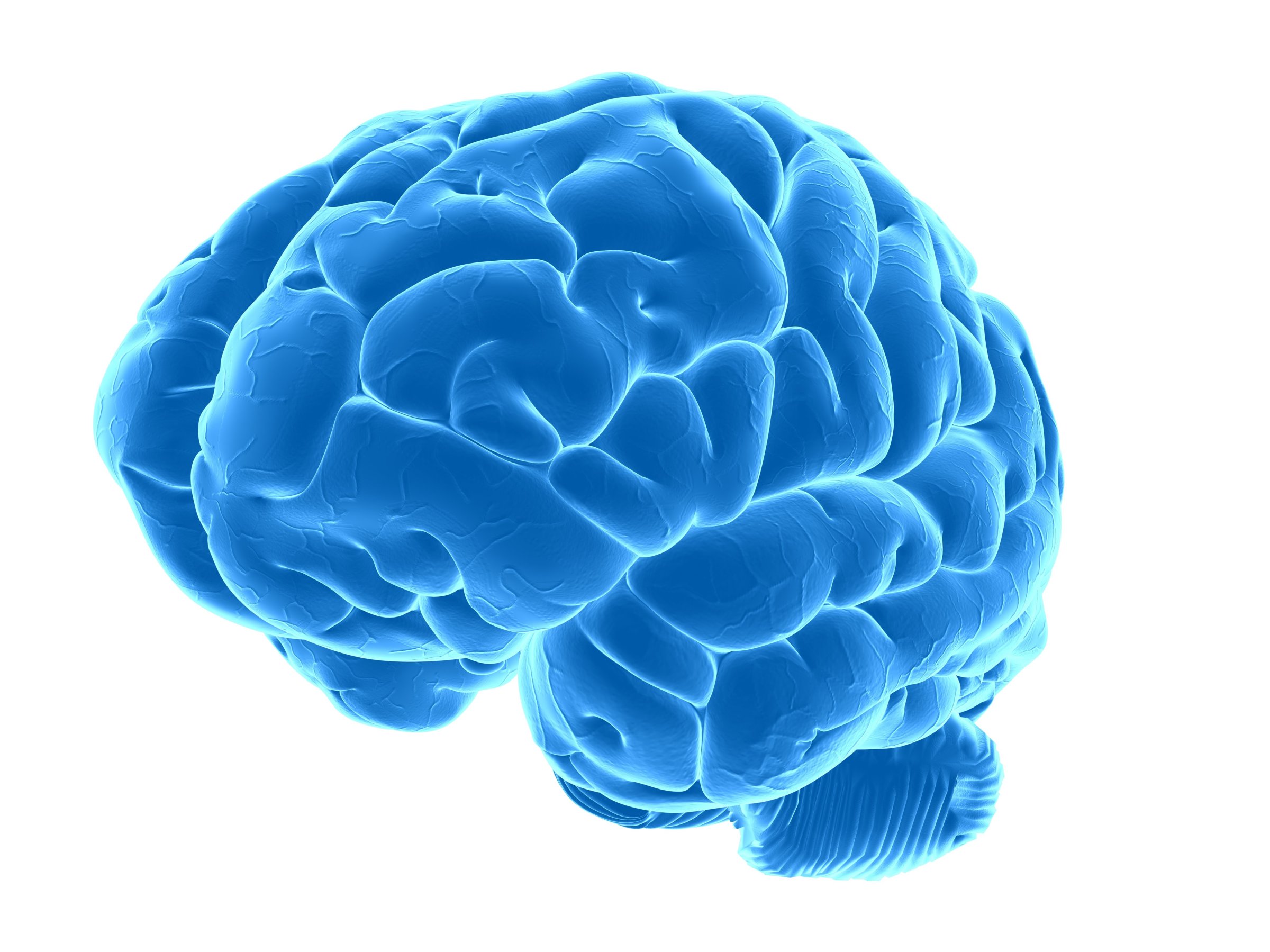
Meghan McGill was a freshman in college when she was diagnosed with depression. She lost interest in reading and dancing, two of her favorite activities, and eventually missed so many classes that she was disqualified from her university. Six years later, when she was 28, she finally saw a psychiatrist who put her on Prozac. That didn’t help either. “I lost a lot of jobs because I couldn’t call into work,” she says.
McGill’s experience is a familiar one for many patients with depression; more than one in 10 Americans take antidepressants according to the Center for Disease Control—and almost 15% of all women. But 20-40% of people cannot tolerate the side effects or do not benefit from antidepressants.
That’s why doctors are encouraged by a bizarre and novel treatment called transcranial magnetic stimulation (TMS), in which magnets (yes, magnets) are administered to alleviate depression. This strange strategies may provide a way to finally bring relief to patients like McGill, who don’t respond to antidepressant medications or who prefer non-drug treatments for their depression.
Last week, scientists presented their latest success with TMS at the 167th American Psychiatric Association Annual Meeting in New York City. TMS was approved by the FDA in 2008 for the treatment of depression and unlike electroconvulsive therapy (ECT), which uses electrical currents to stimulate the brain to treat serious mental illness like bipolar disorder, TMS does not spur seizures.
The researchers, led by Dr. Mark Demitrack, the chief medical officer of Neuronetics, Inc. and Dr. Kit Simpson of Medical University of South Carolina, studied 306 patients with major depressive disorder who were treated with a TMS device called the NeuroStar TMS Therapy®. (Neurostar was the first TMS therapy on the market, and in 2013, the FDA approved another TMS device called Brainsway.) After one year, people who received six weeks of daily TMS, which targeted the mood regions of the brain, 53% reported no or mild depression. After a comparable period of time, only 38% of people on antidepressants reported the same benefit.
“I think TMS is a very valuable addition to our treatment,” says Dr. Amit Anand, the vice chair for at the Center for Behavioral Health at Cleveland Clinic. Anand was not involved in the research. “It’s a way to treat depression directly, with few side effects. Other research has shown only a small percentage of people respond to it, but I think if even a quarter of those people respond, it’s a benefit.”
Dr. Anand says the Cleveland Clinic will soon be offering the service, which he sees as an option that lies somewhere between antidepressants and ECT. “I think it’s best for people who cannot tolerate antidepressants due to side effects,” he says. “It is does give people hope, but I think expectations should be realistic.”
Dr. Demitrack says TMS comes in when doctors and patients are looking for a second option. “The next option would be the addition of another medication, or they might be recommended to receive Electroconvulsive therapy (ECT), which is more invasive and complicated.” Instead, they could try TMS.
In TMS therapy, a large magnet is put to the left side of the patient’s head. Magnetic pulses are thought to stimulate areas of the patient’s brain that are underactive and are involved in mood regulation. The patient is awake and alert the entire time. The are few side effects other than occasional headaches.
TMS, however, is $998 more expensive than drug therapy, but since it’s a limited-time treatment, the company argues it in two years it is more affordable than additional rounds of drug therapy. Insurance companies are starting to pay for the treatment. (The study was conducted by and for the medical device company, Neuronetics, Inc.)
For now, Dr. Demitrack says TMS is only being studied in patients who don’t respond to antidepressants, and not as a first line therapy. Though, he says he could so how one day patients might prefer it as a first line treatment, even though it’s logistically more difficult than drugs. The American Psychiatric Association does not have an official statement on TMS, but it notes that meta-analyses have discovered relatively small to moderate benefits from TMS.
Encouraging results may help more patients like McGill to finally free themselves from their worst depressive symptoms. “At the second week of treatment, I was suddenly singing to the radio in my car,” she says. “I realized how very different I felt. I just thought, Wow.”
More Must-Reads from TIME
- Cybersecurity Experts Are Sounding the Alarm on DOGE
- Meet the 2025 Women of the Year
- The Harsh Truth About Disability Inclusion
- Why Do More Young Adults Have Cancer?
- Colman Domingo Leads With Radical Love
- How to Get Better at Doing Things Alone
- Michelle Zauner Stares Down the Darkness
Contact us at letters@time.com